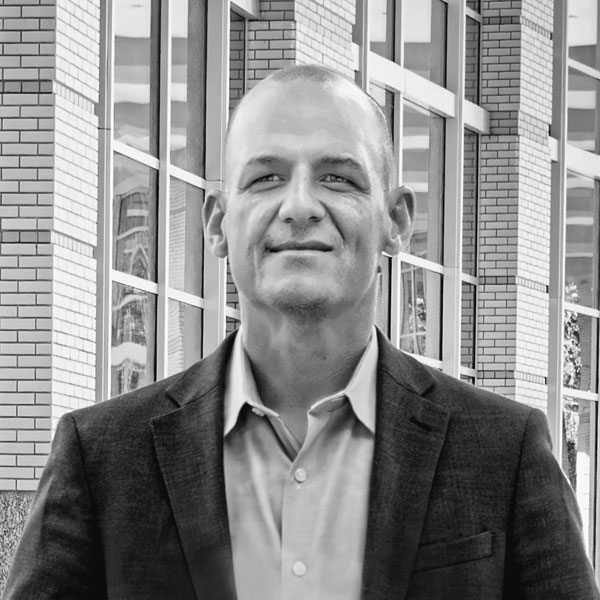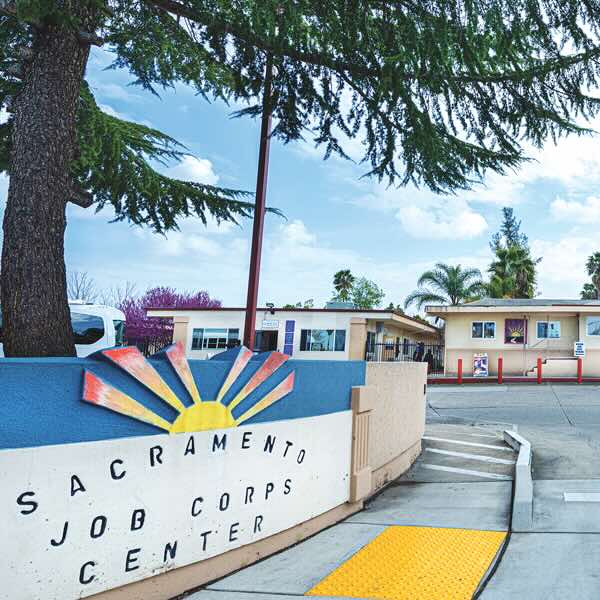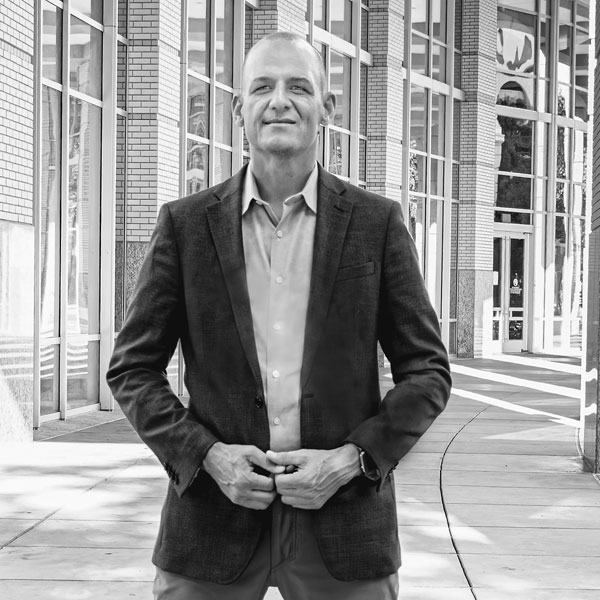
Jun 28, 2025
One joy of being city manager is having everyone crawl through your pay package.
A city manager’s salary and benefits are posted in public. The manager makes good money but far less than the worst Kings player.
The shelf life of city managers and basketball scrubs can run about the same. As for responsibilities and consequences, there’s no contest.
Ambiguities over city manager pay vs. value make residents jealous, frustrated or both. Especially in Sacramento, where $420,684 flows to the city manager each year.
Is the city manager worth all that dough when homeless tents crowd sidewalks? Is anyone worth that much?

May 28, 2025
Bill Russell, philosopher and basketball legend, told me what he thought of Sacramento when he moved to town in 1987 to coach the Kings.
He said Sacramento was Fresno with a capitol.
I exaggerate when I say Russell moved here. He disliked Sacramento so much that he lived in Rancho Murieta, a golf community on Amador County’s doorstep.

Mar 28, 2025
The California Highway Patrol was trying something new. Something that needed plenty of open space, “including a range to train patrolmen to fire from moving cars and motorcycles,” CHP brass said.
They settled on 240 farm acres near M.F. Silva’s dairy. Dormitories, classrooms, a cafeteria and gym rose over the bean fields, plus an asphalt track and gun range.
The address was 2812 Meadowview Farm Road. It was 1952. The CHP was building its first permanent cadet academy, an elite school for traffic cops.

Feb 28, 2025
Never expect perfection from an elected official. But it’s nice to see honesty and diligence. By this measure, Mayor Kevin McCarty is off to a rough start.
His honesty rating deflated one week into the job. Reversing position, McCarty voted to fire City Manager Howard Chan. The flip-flop forced the city to find a new top manager while wrestling with a $77 million budget deficit.
Next comes diligence, which really has me worried.
Throughout McCarty’s campaign, I couldn’t shake the memory from those four years I spent working down the hall from him at City Hall.
The image was a locked and darkened office.

Jan 28, 2025
Unlike children, city managers should be neither seen nor heard.
They are more like cinematographers on a movie set, hired to bring light, shadows and texture to a director’s vision and make the stars look beautiful.
As city managers go, Howard Chan wasn’t Hollywood or heaven’s gift to Sacramento. He was a decent bureaucrat, loyal to his lieutenants, but detached to the point of obliviousness.
Significant problems with Chan’s departments, including animal care, parks, public works, even bridge construction, were met with stoicism worthy of Zeno of Citium.











